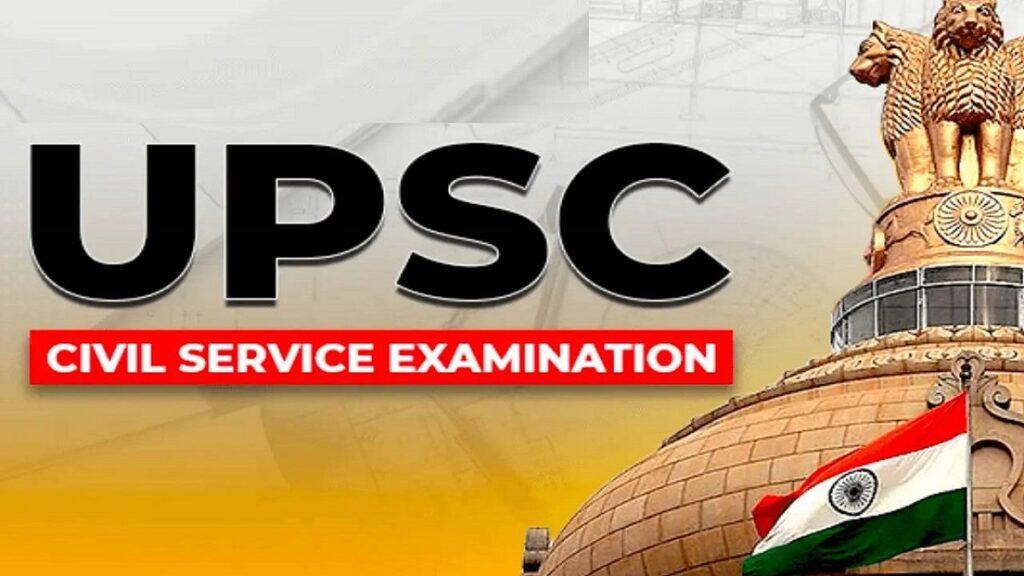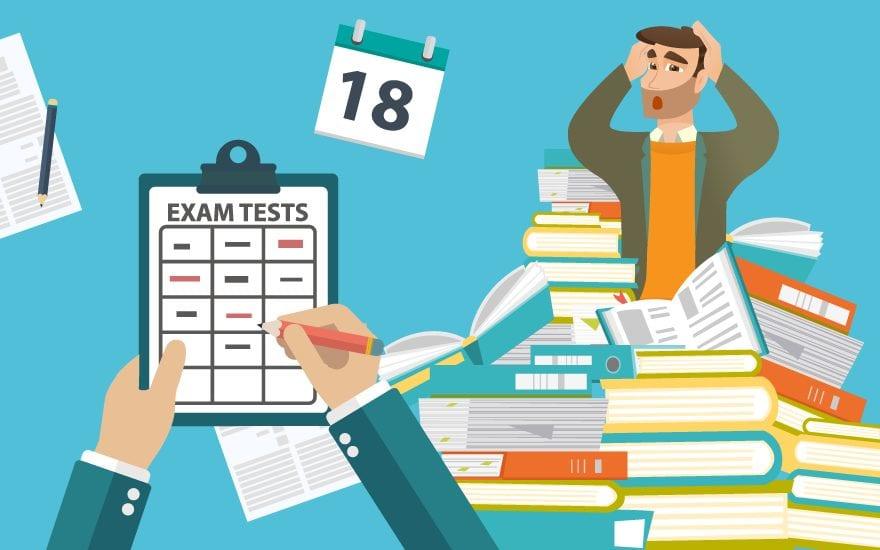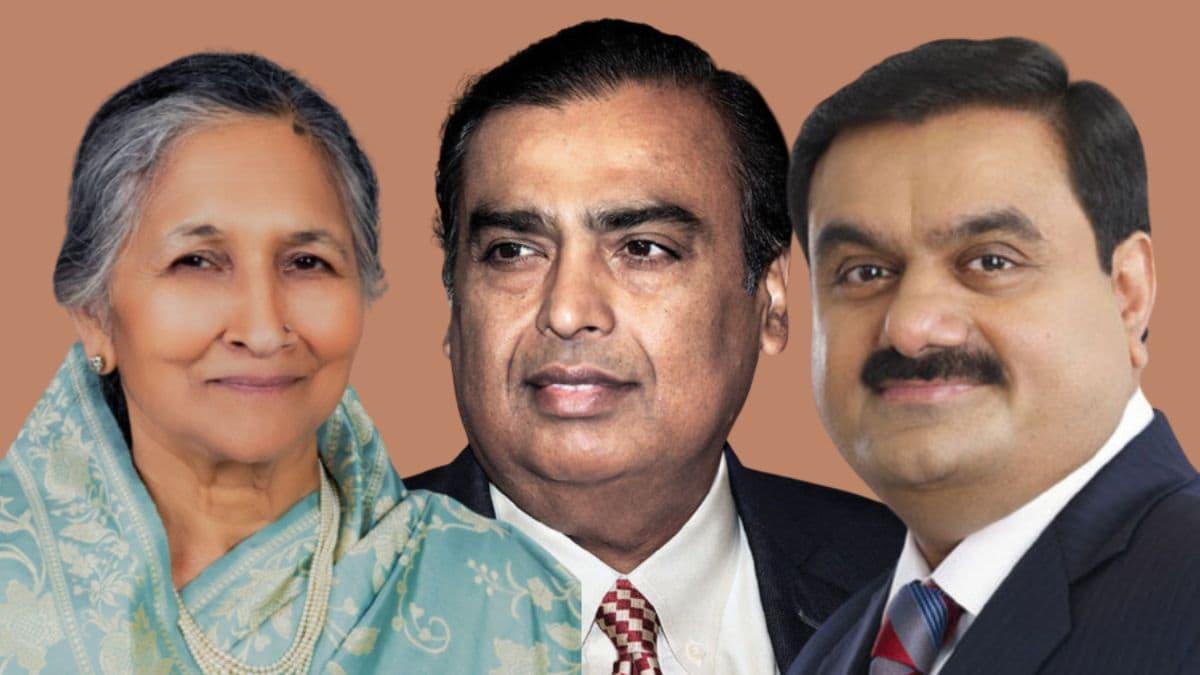Every year, the Union Public Service Commission (UPSC) administers the IAS exam, which is formally called the Civil Services Examination In India. On February 14, 2024, the official notification for the IAS Exam 2024 was released by the UPSC. We are now in the IAS Exam 2023. On May 26, 2024, the Indian Administrative Service (IAS) prelims exam was supposed to be held. However, the IAS preliminary exams will not take place until June 16, 2024, because of the impending general elections in the country. The 20th of September 2024 is when the IAS Mains will begin.
Passing the Indian Administrative Service (IAS) test in all three parts grants entry to the esteemed Indian civil services, including the Indian Police Service (IPS), the Indian Foreign Service (IFS), and many more.
Despite its reputation as one of the country's most difficult tests, the Indian Administrative Service (IAS) test can be aced on the first try for those who prepare well. Aspirants must gain a thorough understanding of the IAS exam 2024 requirements, including the UPSC syllabus for the IAS Exam (Prelims and Mains), pattern, eligibility criteria, application method, and other important data, before beginning their preparations.
The overall pass percentage for UPSC candidates is 0.2%. This article provides information on the number of students who took the UPSC exams in 2023 and 2022, as well as the pass percentage for the Prelims, Mains, and Interview.

Tips for the UPSC Exam 2024
The UPSC administers a civil services examination that consists of three sections: preliminary, main, and personality. Objective tests characterize both the Prelims and General Studies Paper II. Both English and Hindi will be the languages used to deliver the test. Two exams, General Studies Paper-I and General Studies Paper-II, make up the UPSC IAS Prelims examination.
*In 2022, the UPSC Results indicated that there are 3511 IAS officers in India, while the total Cadre strength for IAS Officers in India is 4926. The Union Public Service Commission is responsible for directly recruiting IAS officers through the Civil Services examination. UPSC CSE Result 2024: Aditya Srivastava Topped the UPSC CSE 2023
Candidates must fill out a "Detailed Application form" (DAF) when they pass the preliminary exam. Including two papers in an elective and nine descriptive papers, this is the primary test.
This, the last and officially named Interview/Personality Test, is administered before the announcement of final results for the IAS Exam. Using the IAS interview questions as a guide, the UPSC board will decide if an applicant is fit for a position in the civil service and the responsibilities that come with it.
UPSC Exam Books in 2024
Starting with the sixth through twelfth grade NCERT books, all IAS candidates should read these. Applicants looking to ace the UPSC exam should invest in a standard book covering each topic and round up their study with other materials. For each subject covered in the UPSC syllabus, candidates may make use of dedicated books for UPSC preparation.
UPSC Preparation Tips
Those who not only pass the UPSC Civil Services Examination but also achieve a high mark are justifiably considered experts in their chosen fields. The best way for candidates to succeed on the UPSC exam is to study the strategies used by those who have already won the test. With this done, their chances of passing the test and joining India's bureaucracy will increase. Here are some pro tips from India's UPSC toppers.
- Be confident and positive.
- Know about important updates.
- Familiarize yourself with the UPSC exam pattern and syllabus.
- Make dedication and determination your twin pillars for success.
- Opt for tried-and-tested study materials.
- Practice hard.
- Trust only verified sources of study.
- Revise thoroughly.
Using UPSC Previous Year Question Papers Effectively
Look no further than the UPSC question papers from prior years to acquire a sense of the question format on both the preliminary and main exams. By taking these tests, you can find out a lot about the exam's structure, the weight given to certain sections, how often questions from the static and dynamic sections appear, and much more.
Looking at the questions from the previous year can help you prepare for the actual test, even if you spend a lot of time studying. Look over the exam's past papers to get a feel for the format and the types of questions you can expect. As a result, you need to practice questions from previous years' tests.
- Exam Pattern: Candidates can save time and effort in their studies by getting to know the exam format. Studying up on exam patterns is a great way to increase your chances of passing. For a sense of what to expect from the course and how to complete the assignments, look over the previous year's question paper. Aspirants can effectively organize their study sessions after they know important factors like the weight of marks.
- Be familiar with the test's structure: If you want to know what to expect from this year's examination in terms of structure, content, and difficulty level, try your hand at tackling questions from last year's exam. When preliminary tests include objective-type questions, it becomes quite important. I am also familiar with the difficulty levels, particularly as they pertain to various domains. Once you have a good grasp of the format and nature of the exam, the real question paper will be shorter.
- Most recent topics: This is of the utmost importance for general studies articles, which draw on a broad variety of topics in the national and international news. Examine past years' questions to get a feel for what students were most interested in learning about. Aspirants can then focus their studies on those specific areas.
- If you want to be an IAS, you should look at the solved question papers from previous years. Specify in detail how you want to include solved paper sets into your academic routine. This will help with understanding the theoretical part, which will help with answering many similar questions. The final exams will depend on this.
- Practice: The same old thing over and over again. Everyone knows that "practice makes a man perfect," which translates to improving your skills via repeated practice. Aspiring IAS officers will find this to be true. The more you practice, the more likely it is that you will answer all of the questions correctly and understand the format of the questions better. Examining previous questions will help you manage your time more effectively and achieve greater scores on the CSE exam.
- Approach to getting ready: Examining previous years' questions is a great approach to hone your study techniques. Athletes have the ability to track their progress and assess their level of preparedness. Your areas of weakness will be brought to light, and you may realize that your approach to preparation needs to be revised.
- Revising the topic: If you want to review the material, solve the questions from previous years' exams. Once you have finished getting ready, answer these questions. Look at where you are now and figure out what needs fixing. Changing the language or form of a question is a common way to reiterate it. Spend less time on each question by reading them carefully.
- Preparing for the UPSC exam requires regular self-evaluation. You can gauge your level of preparation by looking at how you did on questions from previous years. You learn from your mistakes. Reevaluate your strategy in light of the mistake. The outcome will be an obvious uptick in test scores.
Other Career Options for UPSC Aspirants
The majority of applicants to the UPSC are unsuccessful, according to the data. The course is challenging, and there is a great deal of rivalry. After the terrible blow of failing the UPSC exam, it is typical to feel feelings of disappointment, uncertainty, and anxiety. Because so many people devote their entire lives to preparing for this exam, the thought of doing poorly is daunting. Most illuminatingly, after failing the UPSC exam, one realizes that there is a vast array of alternative occupations one might follow. Your adventure is just beginning. Some career options to consider are:
Tests Comparable to the UPSC
There is a world of opportunity when it comes to government examinations. State PSC, SSC, RRB, RBI, and CAPF exams are among the many options. Exams are less difficult and competition is lower than the UPSC Civil Service Exams.
Policy Analyst
For individuals preparing for the UPSC test, the role of policy analyst is an excellent fit. Many think tanks, research organizations, and consulting firms engage in policy analysis, which can be a suitable fit for UPSC aspirants.
Expert in Global Affairs
Anyone with a passion for diplomacy, analyzing foreign policy, and global affairs would do well to pursue a career as an international relations specialist in an institution such as an embassy, think tank, or international organization.
Journalism and the Media
A job in media and journalism is a great choice for UPSC aspirants because it requires a wealth of knowledge and information based on current events. Reporting, news writing, and many more occupations are available in the media industry across print, television, and the internet.
Legal Expert
Aspirants with a solid understanding of the law and appropriate work experience can serve as legal consultants, advising individuals, businesses, and NGOs on matters pertaining to the law.

Research Analyst and Data Analyst
Aspiring UPSC members with strong analytical skills can find employment in fields such as data analysis, public opinion surveys, and market research for companies, political documentaries, and research institutes.
Creating a strategy for the future is crucial to overcoming the emotional aftermath of UPSC failure. Acknowledging and overcoming these emotions is crucial. Get in touch with people you care about or professionals in the area if you feel you need help. Never forget that no matter how many challenges you face, they are all only stepping stones on the road to success.
Summarise with AI:






















